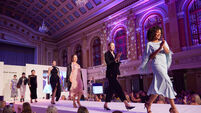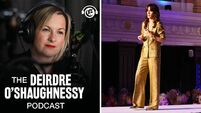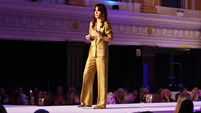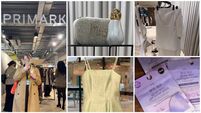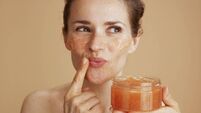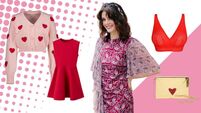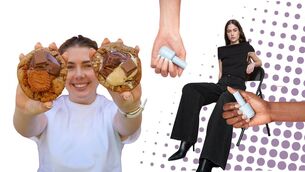The Lipstick Effect: How Covid has impacted the beauty industry
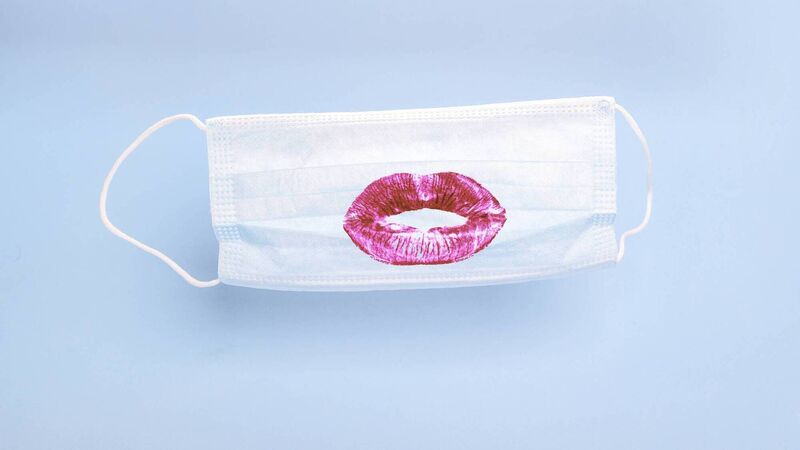
The lipstick effect never saw the Covid-19 pandemic coming
One of the more unsurprising effects of the Covid-19 pandemic is that, as a result of lockdown after lockdown, the world was plunged into an economic recession. Global recessions are sadly nothing new, the Second World War, the 1980s, 2008 and our present day.
Adults today are well accustomed to tightening their belts and humouring the other euphemisms that accompany depleting bank balances. However, we’re only human and we do like to treat ourselves.
Since the Great Depression of the 1930s, sales of cosmetics flourish while previously lucrative industries, like construction and manufacturing, suffer debilitating losses during times of recession. This is called the 'lipstick effect', a term coined in the early 2000s by former Estée Lauder chairman Leonard Lauder.
The lipstick effect is a theory that, when facing an economic crisis, consumers will be more willing to buy less-costly luxury goods. Instead of buying expensive clothing, for example, consumers will buy a lipstick from the same brand. The underlying assumption is that people still want to treat themselves in a crisis, even if these are small luxuries.
During the global economic recession of 2008, L’Oreal reported a sales growth of 5.3% in cosmetics. However, like most traditional ways of conducting business, we can no longer rely on the lipstick effect to act as a barometer of consumer confidence in times of crisis.
The lipstick effect never saw the Covid-19 pandemic coming. The closure of typical night-time and social venues, working from home, and mandatory mask-wearing was the trifecta that rang the death knell for the humble lipstick.
Now that department store beauty halls lie empty, their armies of perfectly groomed and manicured assistants decommissioned until further notice, is there any hope for the cosmetics industry?
Having enjoyed around a century as the star of global recessions, perhaps it's about time the traffic stopping red lip was knocked off its pedestal.
Aside from sporting impeccable eyebrows for a Zoom meeting or an expertly blended smokey eye for virtual drinks, higher eye-makeup sales during lockdown can be attributed to our open approach to experimentation.
For those who relish in the physical store experience — or did, at least — the joy of the beauty hall lies in the ability to discover new brands, trial out textures, test colours and sample scents. However, coronavirus restrictions mean that is no longer possible.
Personally, shopping with my makeup obsessed friends often resulted in me becoming a walking conceptual art piece, after they sacrificed all available space on their own wrists to swatching lip shades.
Usually it’s department stores, the grandes dames of the retail sector, that are averse to change, but department store brands are fighting back with innovative new ways of selling. Spurred on by the demise of previous stalwarts such as Debenhams and House of Fraser, department stores and the brands they carry are peddling virtual masterclasses and compiling “discovery boxes” of sample-sized products.
While the uptake on these virtual eye-makeup experiences were initially slow, consumer sentiment gradually changed. In fact, people seemed to grow to enjoy them, unlike many of the adaptions we have come to merely tolerate. John Lewis and Charlotte Tilbury broke the Guinness World Records’ title for the UK’s largest beauty masterclass after 10,000 people signed up to “brush along at home” to create a “timeless '90s supermodel-inspired look”.
Who knows what the future holds. We may get back to layering on lipstick, but for the time being masks remain a requirement and there is no way of getting around this. Lipsticks and their glossy cousins are resigned to the deepest recesses of the makeup drawer, a waxy memory of pre-Covid times.
As for the ‘lipstick effect’, Leonard Lauder’s century-old theory may be better dubbed the ‘mascara effect’ for the Covid-19 era.
Whether you’re a serial procrastinator or endless furlough has left you with more time on your hands than home workouts and baking can fill, you’ve probably found yourself toying with your makeup looks. Being confined to our homes and having more time on our hands, paired with going through a universally tough time, makes for the perfect recipe to treat yourself. Now that lipstick is redundant, hit mute on that Zoom call and let your eyes do the talking with these best beauty buys.
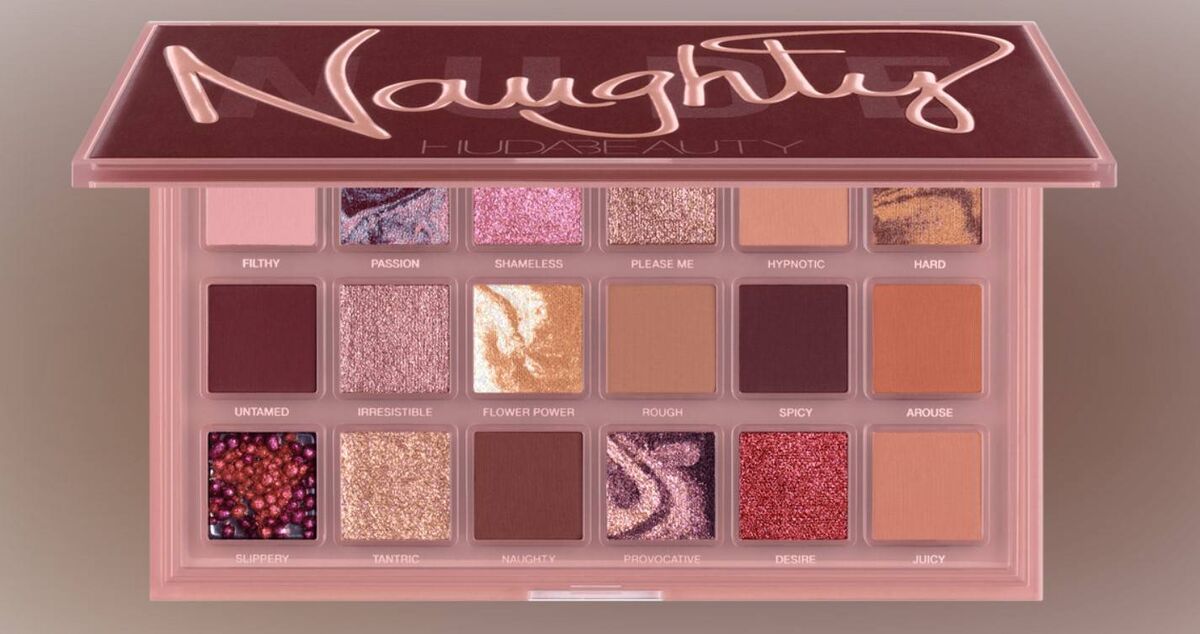
HUDA BEAUTY — Naughty Nude Eyeshadow Palette €66.95
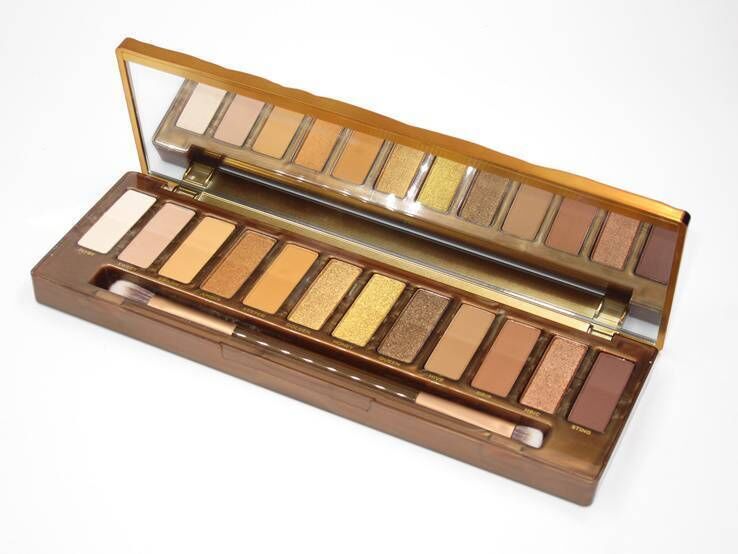
URBAN DECAY — Naked Honey Palette €54
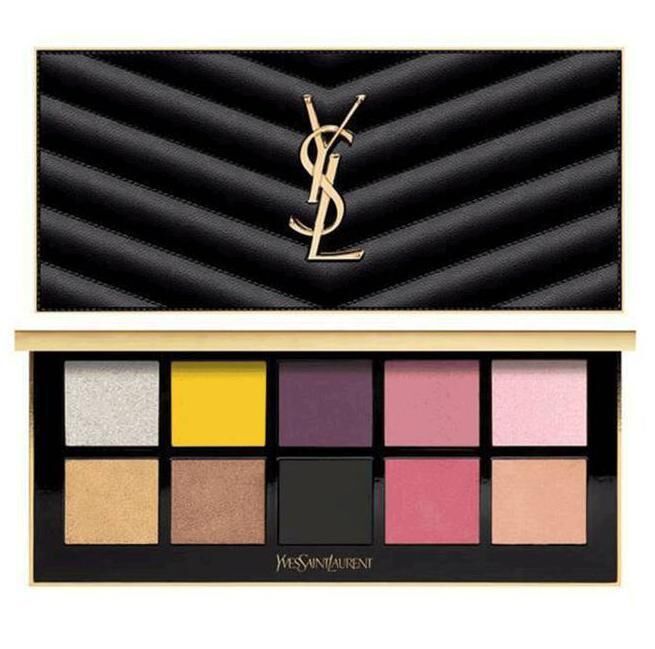
YVES SAINT LAURENT — YSL Couture Colour Clutch €113.13



